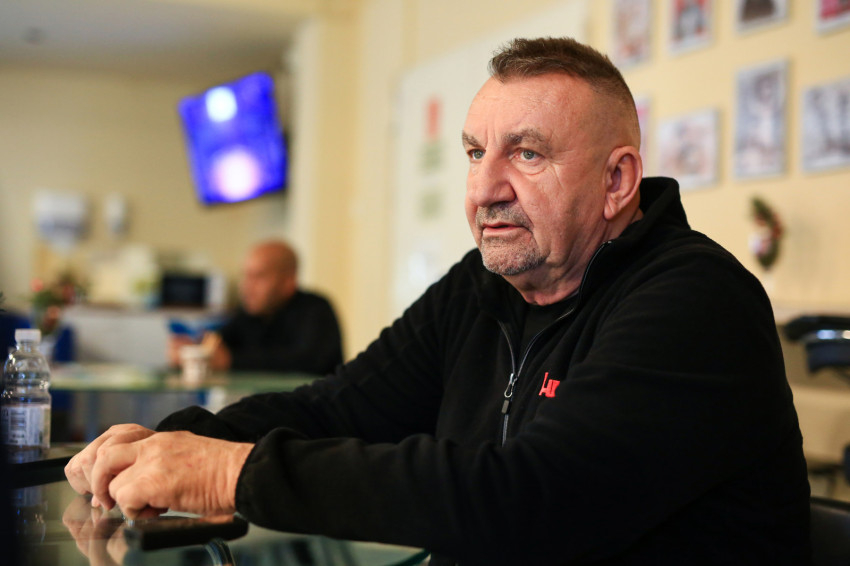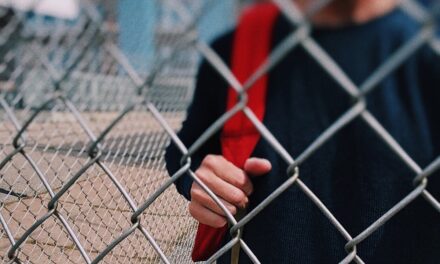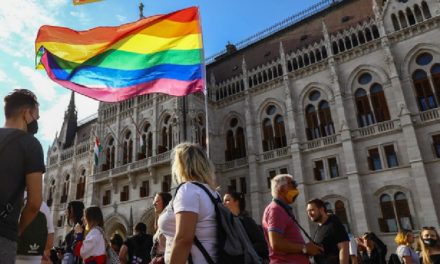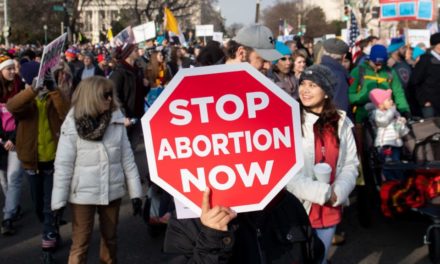Catholic Caritas has repeatedly taken aid supplies to the war-torn areas of Ukraine. Broadcaster and journalist Antal Marosi also plays an important role in getting the donations to their destination. The print issue of Új ember published an interview about the personal experiences of the war correspondent, which was published by Magyar Kurír. It was viewed by vasarnap.hu.
Detective Antal Marosi became a radio and war correspondent. He visited Kosovo and now the Ukrainian front. According to him, there are two types of journalists. One sits in the hotel room, goes down to the lobby in the afternoon, drinks a whiskey or two, picks up the information, and then passes it off as his own achievement.
The other goes as far as common sense can go. I classify myself in the latter category. One can be careful in such cases, but there are times when this does not make much sense, if they bomb, we can also be hit.
"I see Ukrainians dying instead of others," he says. This is not their war, but rather the Americans'. The Ukrainians also know about this, but they are unable to do anything about it. I have also visited hospitals, many doctors are oppressed by helplessness because they do not have enough equipment to care for the wounded. Ukrainian people have a different attitude to extreme life situations, since life was not so comfortable for them before this. The war causes an immeasurable amount of suffering, but for that fifty-year-old man - who has been suffering from the consequences of a stroke since May and cannot make it to the full-house hospital, and is being fed by his neighbors - the war is not the cause of the most suffering.
It is certain that the Ukrainian people have a very different concept of difficulties and problems than we do.
We try to go as far in Ukraine as possible. There are parts of it where there is almost nothing. The shelves of shops painted green are completely empty. We are trying to get to where young people living in Transcarpathia have been enlisted. Last time we met guys from Munkács in Zaporizhzhya, and young people from Chapi in Kharkiv.
As far as I'm concerned, what keeps faith is the knowledge that the Good Lord is carrying it in His hands. Saint Rita is my patron saint. It happened in Iraq that my partner wanted to go on at all costs, but I wanted to stay. After a while, we left the building, which exploded behind us not long after. The last time we went by Kharkov on a bus, a bomb went off not far from us. I came home from Zaporizhia by train, later I heard that this particular railway line had been bombed. This is an intense situation, the survival of which also requires us to listen to our intuition. I could have come home from Zaporizhia by car, but I felt that it was not a good decision. Another time I didn't get into a taxi, and later the driver told me that the car had been in an accident.
As far as television news is concerned, the viewer can see as much of this war as they want to show him. And that is not necessarily the war, at most only a part of it. In general, however, we don't actually see anything, they show three tanks turning from left to right. In the best case, maybe for a moment, but it turned out later from a series of recordings that it wasn't even then. That's why I'm not a TV person, but a radio person. Everything that happens must be shown on the radio. It doesn't matter what the Hungarian people are receptive to. Unfortunately, the vast majority of people are not very deeply interested in what is happening.
I often wonder what the news says about where I am right now. And I'm finding that it's not what they're reporting.
Source and full article: vasarnap.hu
Featured image: Magyar Kurír













